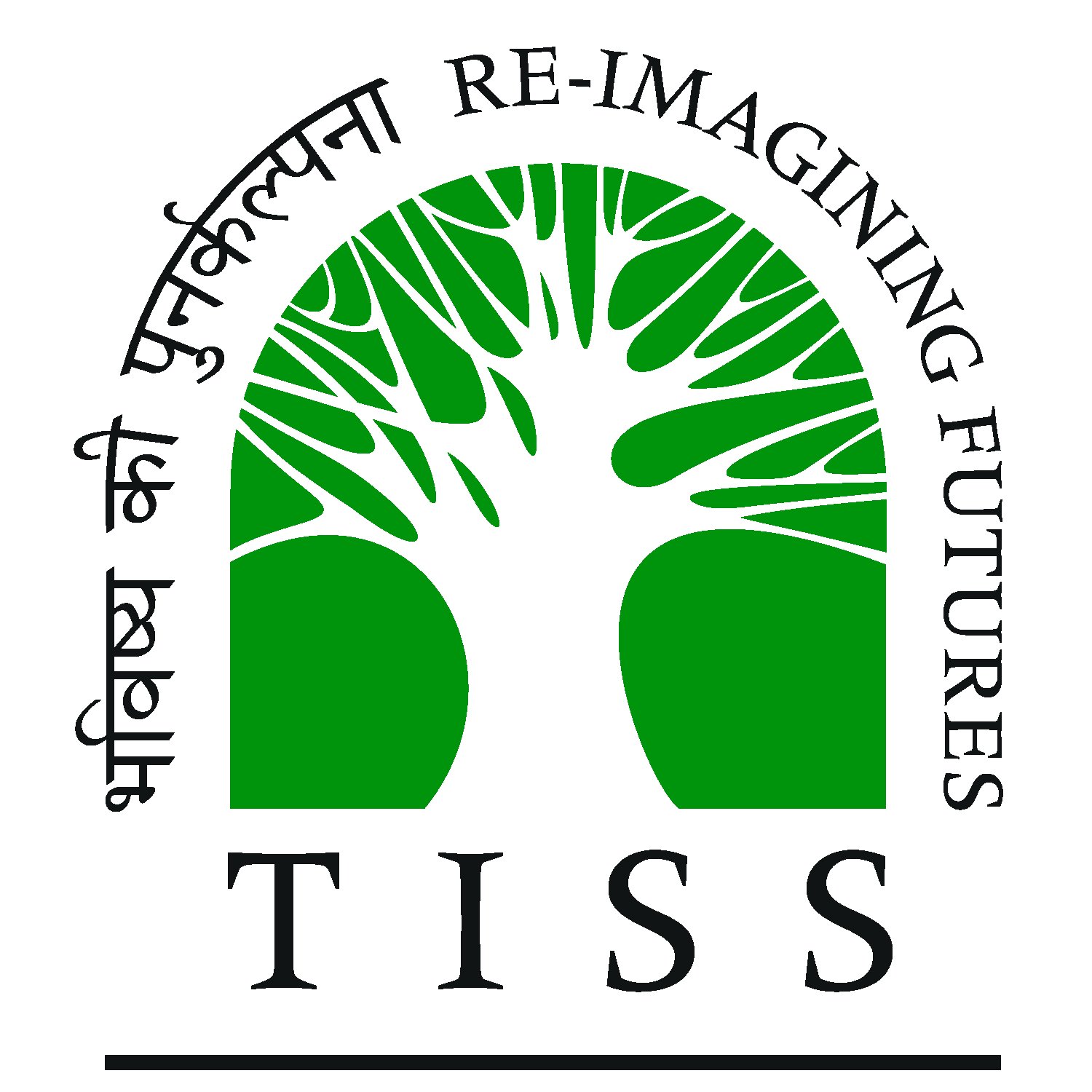“Lights, Camera, and Time for Action”: Recasting Gender Equality Compliant Hindi Cinema
This project funded by the US Consulate, Mumbai (M-NOFO-21-100) employs a three-phase approach. The project’s first phase has a data-based approach to quantify gender misrepresentation in Hindi films and closely looks at gender issues at various stages of film making. Within this phase, three qualitative research projects by Faculty members of the School have been initiated to capture gender issues in a nuanced manner.
The second phase utilises the report to raise public awareness of gender inequities in film by engaging with young scriptwriters and film makers from film schools through several student-led activities. The School has plans to organise ‘Frames of Reference’ – a student-led conference. This phase will also have workshops (online) for young media professionals, script writers and filmmakers to understand gender issues during 2022. Details will be shared at the earliest.
The third phase has a campaign approach with a focus on the Hindi film industry, utilising the report produced in the first phase to advocate for greater on-screen and off-screen gender equality through targeted outreach activities – including meetings, events, and media engagements – that will spark dialogue among industry influencers and inspire action to improve gender representation and inclusion in Indian entertainment content and its industry.
Project Leader: Prof. Lakshmi Lingam
Quantitative Study: State of Gender Balance both On and Off Screen in Hindi Cinema post 2012
Dr. Sunitha Chitrapu
The last decade has seen many developments at the national and international level relating to women’s rights, gender equality and representation. In December 2012, a young physiotherapy student in New Delhi was raped and assaulted, leading to her death. This incident led to nationwide protests and increased legal and media attention on violence against women in India. In the year 2013, rape laws have undergone significant change. Further, the long-standing demand for addressing sexual harassment at workplaces had led to the passing of the Sexual Harassment of Women at Workplace (Prevention, Prohibition and Redressal) Act, 2013 (POSH Act, 2013). The #MeToo movement particularly in the western film industry and then the Bollywood industry came to the limelight in 2017. Given this broader context, we wish to examine if these larger political debates and changes in public policies in the last decade have had an impact on (1) Hindi films in terms of women’s representation on screen and (2) off-screen and further (3) women’s representation in significant bodies of films.
We wish to examine:
● How is gender performed on the Hindi screen in the years 2012 – 2019?
● How LGBTQIA persons represented on screen?
● How many women work on Hindi cinema crews?
● At what levels do these women find employment in this industry? To what extent are they represented at other points in the film ecosystem?
● What are the enabling environment measures available for achieving substantive gender equality in the film industry?
Based on the research and findings of this study, the project will be having several interactions with the film fraternity on gender and gender equality issues.
Qualitative Study: Calling the Shots: Women Directing Hindi Cinema
Prof. Shilpa Phadke, Ms. Nithila Kanagasabai
This research study will focus on the narratives of women directors in the Hindi film industry. It will engage with their stories of entering the industry, their experiences of being part of the industry in the role of directors as well as how they see gender questions and seek to address them in their films.
Qualitative Study: Scripting Change: Women Screenwriters in Contemporary Hindi Cinema
Dr. Harmanpreet Kaur
This research project will engage with the role of women screenwriters in the Hindi Film industry. The screenplay writer imagines the film, before anyone else on a film production. Within the contemporary period, Hindi cinema has witnessed several women screenplay writers emerge telling stories with a renewed focus on questions of gender roles in society. The study will engage with their craft and process of writing as well as their position within a largely male dominated industry and the pressures they face therein regarding conformity.
Qualitative Study of Young Media Critics
Mr. Faiz Ullah
This qualitative research study will focus on audience activities that are critical of inequitable, stereotypical, and demeaning gender representations in Bollywood productions and play a key role in shaping the discourse around them. Through engaging with prominent young media critics who publish their creative work on online media, the research will highlight the important role they play in ‘talking back’ to the film industry and create awareness around specific issues of gender representation.
Public Awareness
Ms Shilpi Gulati, Ms. Nithila Kanagasabai
In the second phase of the project, students at SMCS will create a series of five short Public Service Announcements (PSAs) and short documentary films on the broad theme of gender inequalities in the Hindi film industry.
The media works developed through this project would also be taken to premiere film and media schools in the country in the form of workshops, screenings and discussions with students, training and sensitizing a new generation of filmmakers with a critical understanding of issues of gender, representation and inclusion within mainstream film practices.
Outreach and Events
Ms. Rashmi Lamba
Dissemination of the findings of our studies, build conversations and attempt to initiate processes to build an eco-system conducive for women on and off-screen in Hindi films.
Project Team
Prof. Lakshmi Lingam, Project Leader
Prof. Shilpa Phadke, Professor
Ms Nithila Kanagasabai, Assistant Professor
Dr Harmanpreet Kaur, Assistant Professor
Mr Faiz Ullah, Assistant Professor
Ms Shilpi Gulati, Assistant Professor
Project Associates
Dr Sunitha Chitrapu, Media Research Consultant
Ms Rashmi Lamba, Project Lead, Engagement and Advocacy

